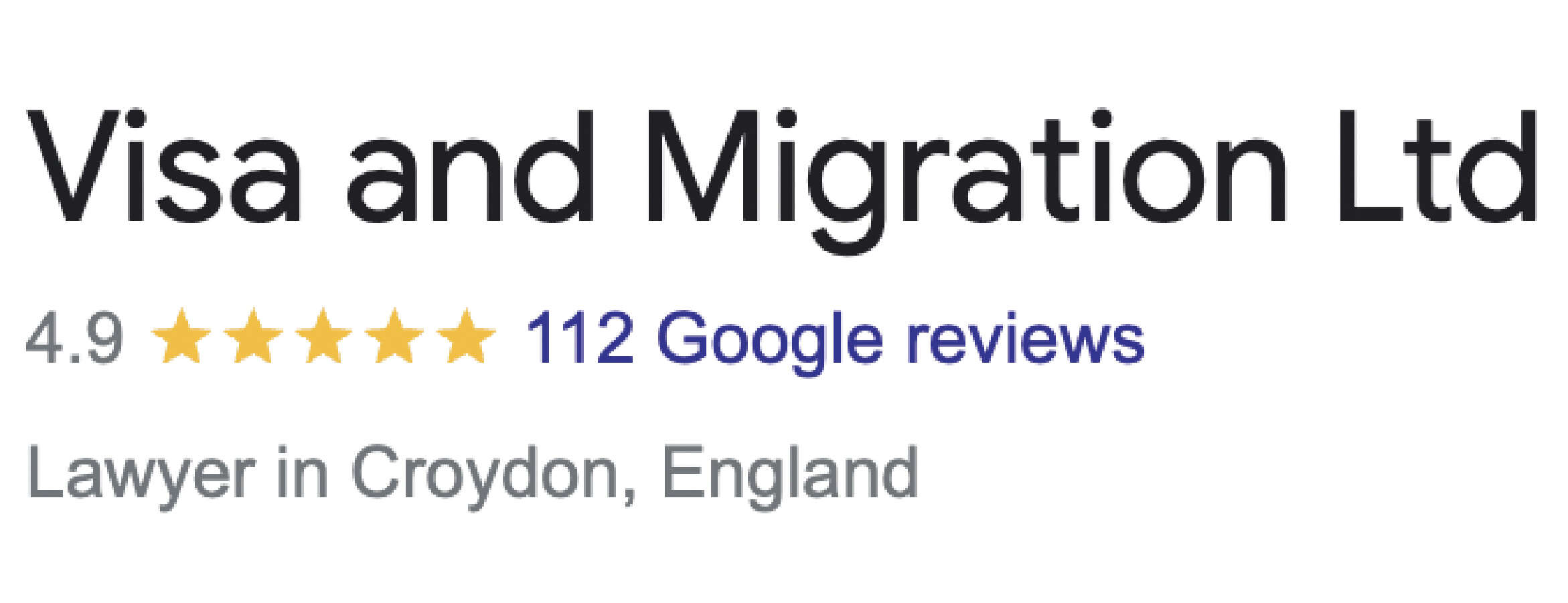Many foreign national workers wish to come to the UK for work. Employers in the UK also wish to or need to employ non-EEA nationals in their organization. Well, a UK employer with a sponsor license can hire non-EEA workers in their organizations. But they need to carry out some necessary checks on workers they are employing who will join them in the UK. In the UK, by law, all employers must check that their employees have the right to work in the UK. It is stated on the British government website that "You must check that a job applicant is allowed to work for you in the UK before you employ them”. So, it is mandatory for all employers to carry out this requirement.
The UK right to work check has to be carried out by the employer. It also has to be repeated if the employee only has limited permission to be in the UK. There is a guide for employers, including anyone in their organization who is delegated to conduct right to work checks, in order to become familiar with the documents they are checking.
Process to conduct right to work checks
1. Obtain originals of one or more accepted documents
Acceptable documents to obtain from employees to establish their right to work are of two types. One contains the range of documents which you can accept from an employee who has a permanent right to work in the UK. These documents are the following:
- Passport
- A registration certificate or document certifying permanent residence issued by the UK Home office
- Current biometric immigration document
- Current immigration status document issued by the Home office
- Documents for family members.
Another type of documents can be accepted by the employer from an employee who has a temporary right to work in the UK. You should ideally check these documents before employment begins. These documents are the following:
- Current passport
- Current biometric immigration document
- Current residence card issued by Home Office
- Current immigration status document issued by Home Office
- Certificate of application issued by Home Office
- Application registration card issued by Home Office
- Positive verification notice issued by the Home Office
2. Check the validity of these documents
The next step is to check the validity of these documents. While checking the validity you should ensure that you are checking it in the presence of the holder of these documents. Presence can be either physical or via a live video link. You must obtain the original documents in both cases. You cannot rely on a faxed copy or scanned copy. It is your responsibility to check out the documents. While you may choose one of your staff to do the check work, you will remain liable for the penalty when things go wrong. You may not assign this responsibility to a third party. You will be liable for a penalty if you are given a false document if it is reasonably apparent that it is false. You should increase your ability to check false and correct documents for which training and publicly available sources can be used.
3. Retaining evidence
You must maintain a record of every document that you have checked. This you can maintain an as hard copy, scanned copies in a form that cannot be altered like JPEG or PDF document. Till the time of a person’s employment and further two years after they stop working for you, you should keep the copies securely. By doing this, you can make sure to UK lawmakers that you have complied with the law and no one has been working for you illegally. You must make a record of the date as well on which you conducted your check. You can do this by either making a dated declaration on the document copy or you can hold a separate record, securely, which you may present to lawmakers upon request.
When you are conducting checks, if documents are presented to you indicating that the holder is a student with a limited right to work in the UK during term time, you must obtain and retain evidence of their academic term and vacation dates.
Why you must do proper checks
Law under section 15 of the 2006 Act, an employer may be liable for a civil penalty if they employ someone who does not have the right to undertake the work in question. You may have to pay a civil penalty of up to £20,000 per illegal worker....





